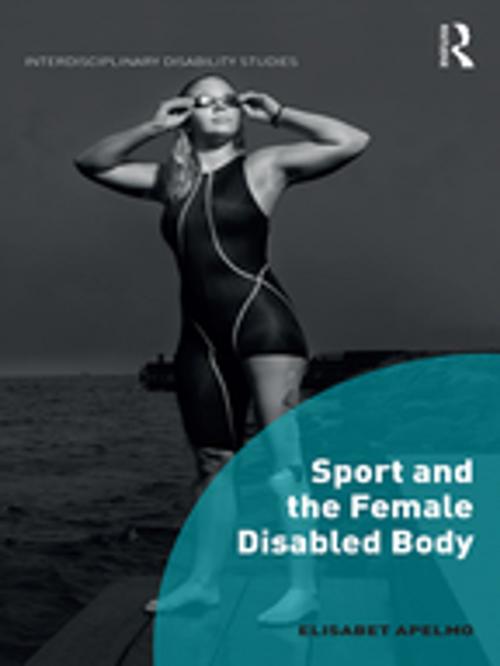| Author: | Elisabet Apelmo | ISBN: | 9781317051091 |
| Publisher: | Taylor and Francis | Publication: | October 4, 2016 |
| Imprint: | Routledge | Language: | English |
| Author: | Elisabet Apelmo |
| ISBN: | 9781317051091 |
| Publisher: | Taylor and Francis |
| Publication: | October 4, 2016 |
| Imprint: | Routledge |
| Language: | English |
This path-breaking book analyses the experiences of young sporting women with physical impairments. Taking phenomenology as a point of departure, Elisabet Apelmo explores how the young women handle living with a body which, on the one hand, is viewed as deviant – the disabled body – and on the other hand is viewed as accomplished – the sporting body. A polarization is apparent between the weak, which is manifested through the expression of belonging as "we", and the strong individual. The subject position as strong, positive and capable – as a reaction towards the weak, the negative – is one of the few positions that are available to them. Furthermore, the book demonstrates the strategies of resistance the young women develop against the marginalisation, stereotyping and othering they experience in their everyday lives.
Finally, the author discusses the paradox of gender. Disabled bodies are often seen as non-gendered, however, these young women’s experiences are structured by both the gender regimes within sports and the larger gender order of the society.
This path-breaking book analyses the experiences of young sporting women with physical impairments. Taking phenomenology as a point of departure, Elisabet Apelmo explores how the young women handle living with a body which, on the one hand, is viewed as deviant – the disabled body – and on the other hand is viewed as accomplished – the sporting body. A polarization is apparent between the weak, which is manifested through the expression of belonging as "we", and the strong individual. The subject position as strong, positive and capable – as a reaction towards the weak, the negative – is one of the few positions that are available to them. Furthermore, the book demonstrates the strategies of resistance the young women develop against the marginalisation, stereotyping and othering they experience in their everyday lives.
Finally, the author discusses the paradox of gender. Disabled bodies are often seen as non-gendered, however, these young women’s experiences are structured by both the gender regimes within sports and the larger gender order of the society.















